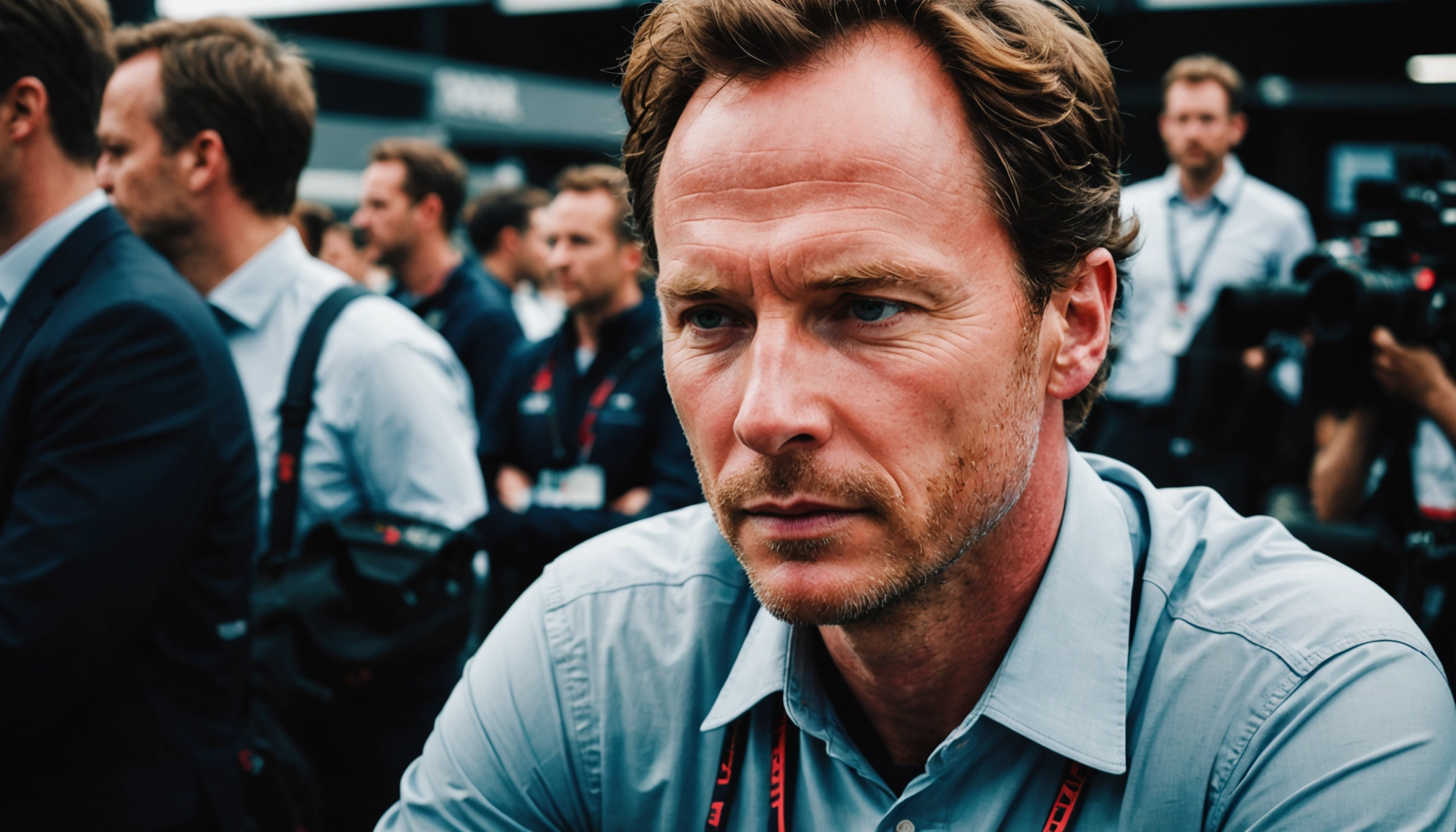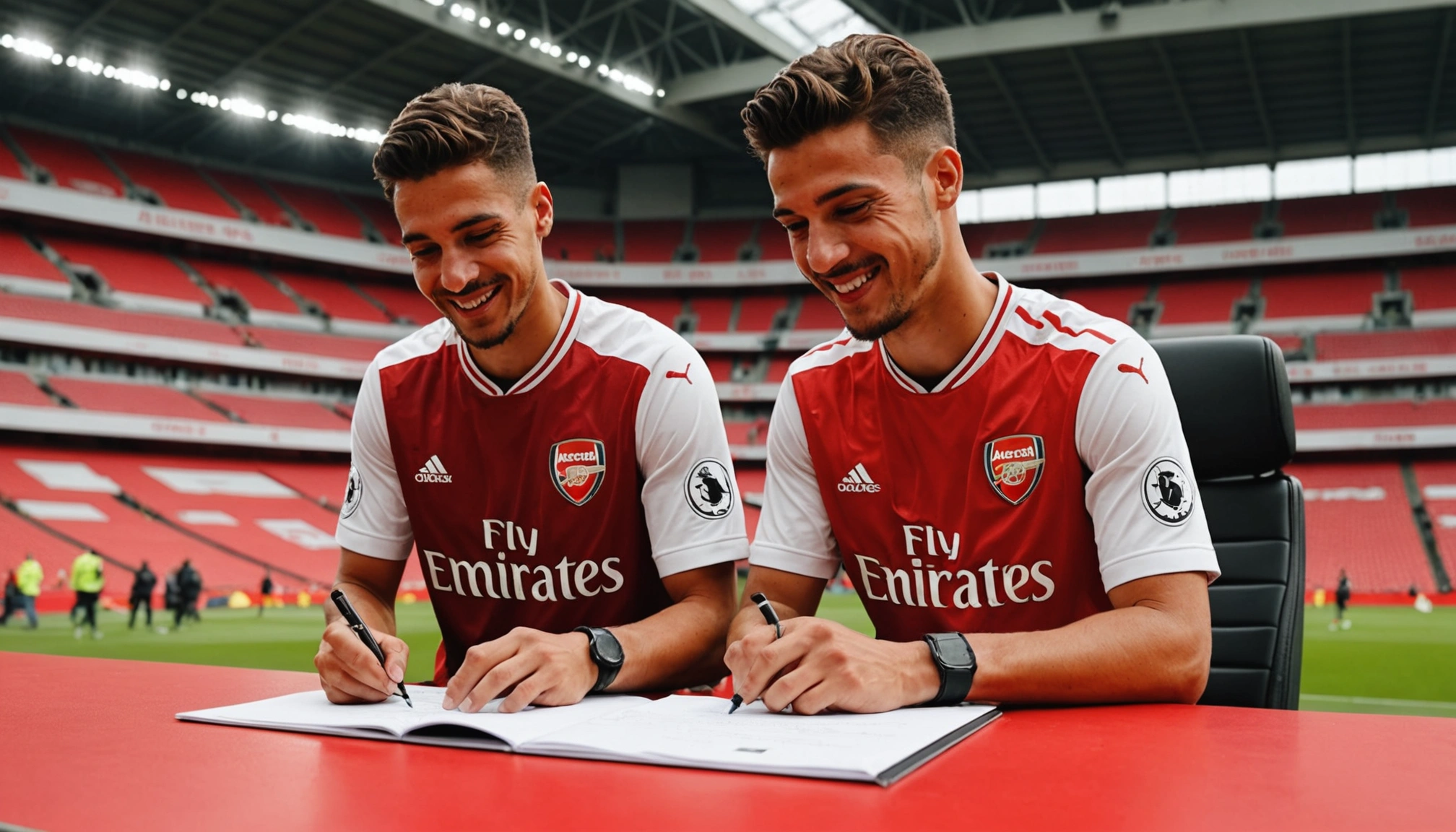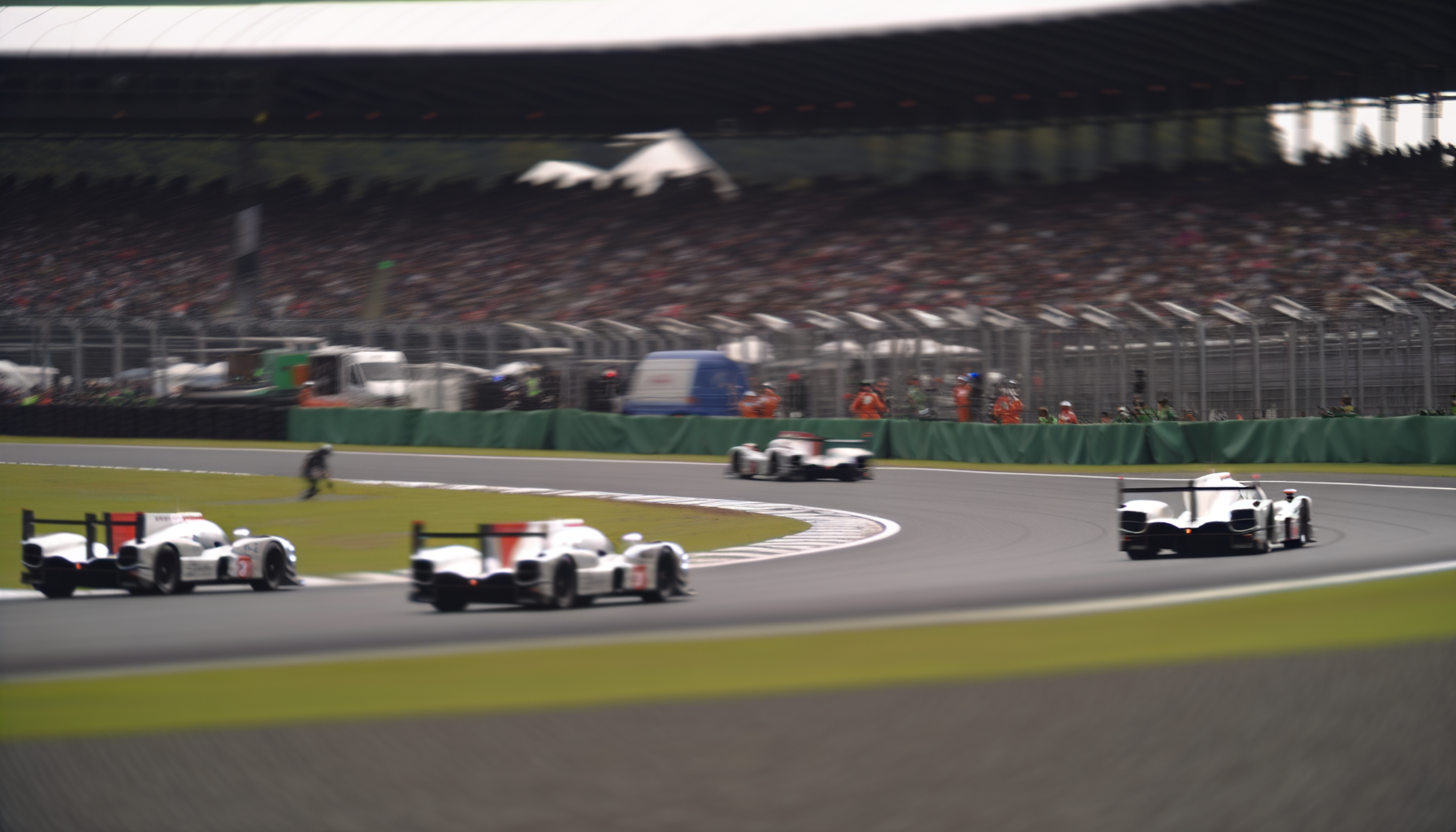Everything That Went Wrong For Sacked Red Bull Boss Christian Horner
Explore the key issues behind Christian Horner's sacking at Red Bull, including management clashes and performance struggles in F1.

By Editorial
Introduction To Christian Horner's Red Bull Departure
Christian Horner’s sudden exit from Red Bull Racing sent shockwaves through the Formula 1 community. Once hailed as a strategic mastermind behind multiple world championships, his departure marks a significant turning point for both the team and the sport. This article delves into the complex factors that culminated in Horner’s sacking, analysing performance issues, internal conflicts, and management decisions.
Performance Challenges Under Horner’s Leadership
Despite Red Bull’s historic successes, recent seasons witnessed a decline in consistent performance. The 2023 F1 season exposed vulnerabilities in car development and race strategy, which arguably contributed to mounting pressure on Horner. For instance, Red Bull lost crucial points in key races, allowing rivals like Mercedes and Ferrari to close the championship gap. Experts noted that the team’s inability to adapt swiftly to regulatory changes was a critical shortfall.
To understand the scale, Red Bull’s win rate dropped from over 60% in 2021 to less than 40% in 2023. This decline was a tangible factor in the decision to seek new leadership to revitalise the team’s competitive edge.
Internal Management Clashes And Communication Breakdown
Reports from insiders reveal that Horner’s relationship with senior engineers and Red Bull’s parent company executives became increasingly strained. Disagreements over budget allocations and technical directions created friction. Unlike the collaborative environment that characterised earlier years, recent months were marked by communication breakdowns, leading to inefficiencies.
One notable example involved tensions between Horner and the technical director regarding aerodynamic upgrades. Delayed decisions and lack of alignment reportedly compromised race-day setups, undermining driver confidence. This scenario echoes challenges seen in other top-tier teams, as discussed in our Latest Football Gossip Transfers Targets And Contract Updates, where leadership disputes often impact team performance.
Impact Of External Pressures And Media Speculation
Beyond internal issues, Horner faced intense scrutiny from media and fans. The constant spotlight on Red Bull’s struggles amplified the pressure. Rumours about contract renewals and potential replacements circulated widely, potentially destabilising the team environment. The media’s role in shaping public perception cannot be underestimated in cases like these.
Furthermore, the competitive nature of F1 means that leadership changes often spark strategic overhauls. Horner’s sacking is reminiscent of managerial shifts in other sports sectors, such as football, where tactical direction and team morale hinge on executive stability. For a comparative insight, see our article on Manchester United’s goalkeeper dilemma and summer transfer insights.
The Settlement Agreement And What It Means For Red Bull
The conclusion of Horner’s tenure was marked by a confidential settlement, signalling an amicable parting despite the apparent challenges. Settlements of this nature typically include financial compensation and non-disclosure agreements, allowing both parties to move forward without protracted legal disputes.
This settlement paves the way for Red Bull to appoint fresh leadership, potentially bringing new philosophies and approaches to regain their dominance. It also sets a precedent for how high-profile exits in motorsport can be managed professionally and discreetly.
Lessons From Horner’s Departure For Sports Leadership
Christian Horner’s exit offers several valuable lessons for leadership in high-pressure sports environments. First, adaptability is crucial; teams must evolve strategies in line with changing regulations and competitive landscapes. Second, clear communication up and down the hierarchy prevents misunderstandings and fosters unity.
Moreover, managing external expectations and media narratives is as important as internal performance. Leaders must balance transparency with strategic discretion to protect team integrity. These insights resonate beyond F1, as seen in other UK sports, including rugby and netball. For example, the Cardiff Dragons’ recent squad announcement amid funding issues highlights similar leadership complexities in team sports.
Conclusion: What The Future Holds For Red Bull And F1 Fans
Christian Horner’s departure marks the end of an era and the start of a new chapter for Red Bull Racing. While the issues leading to his sacking were multifaceted—ranging from performance dips to internal conflict—the team’s resilience will be tested in the coming seasons. Fans and analysts alike will watch closely how new leadership steers Red Bull back to the top.
For those interested in the broader sports landscape in the UK, exploring our piece on Exploring the top sports in the UK from football to darts offers a wider perspective on competition and leadership across disciplines.
Ultimately, Horner’s story is a reminder that success in elite sports relies on constant innovation, strong leadership, and the ability to manage both on-track and off-track challenges effectively.
Related topics
Editorial
Sports expert at SportsScoop
Specialist in sports analysis and journalism
Related articles
Want to read more?
Explore our comprehensive collection of sports articles and analysis, or contact us for more information.



